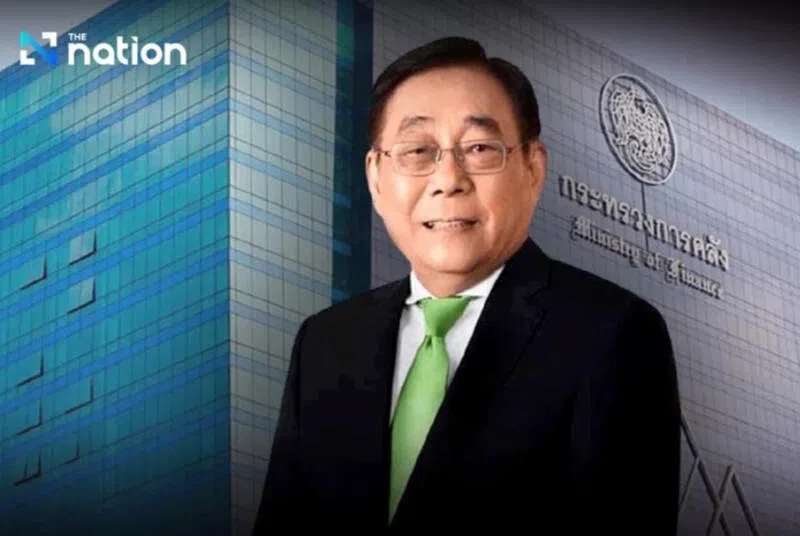[BANGKOK] Thailand will offer bigger tax incentives to small and medium businesses at risk of being squeezed by US tariff threats, as the South-east Asian nation unveiled a raft of measures to minimise the blow to its economy from the trade war.
Small and medium-sized enterprises backed by Thailand’s Board of Investment will now be eligible for a corporate income tax waiver equal to as much as 100 per cent of their investment in capability enhancement for a five-year period.
That’s up from a three-year exemption capped at 50 per cent of investment previously, the board said in a statement on Monday (May 19).
A meeting of the board chaired by Finance Minister Pichai Chunhavajira also decided to suspend investment promotion for certain sectors that carry oversupply risks or negative environmental impact.
The affected sectors include solar cell and panel manufacturing, certain vehicle parts production, steel pipes, hot-rolled and long steel production, it said.
Trade-reliant Thailand, which faces a threat of 36 per cent tariffs on exports to the US, will also ensure greater scrutiny of new investment proposals to ensure that “essential production processes” actually happen in the country. Prospective investors also face tighter criteria and screening regarding the ratio of foreign personnel to local workforce and foreigners’ minimum remuneration.

Friday, 8.30 am
Asean Business
Business insights centering on South-east Asia’s fast-growing economies.
The moves are seen as efforts to address US concerns of Thailand being used as a transshipment hub by foreign companies trying to circumvent higher tariffs. They were announced hours after the nation’s planning agency slashed the growth forecast this year by a 1 percentage point, citing the impact of the trade war on private investment and exports.
Prime Minister Paetongtarn Shinawatra has ordered officials to tighten the criteria for issuance of certificates of origin as the country prepares for talks with Trump administration to avert the steep tariff.
This package of measures “aims to encourage Thai entrepreneurs to improve their potential and efficiency, increase their competitiveness amid intense competition and global trade tensions resulting from the impact of the US trade policies, and support the entrepreneurs involved in some of the most vulnerable sectors,” the board said.
The suspension of incentives for several solar and steel products will be welcomed by local producers, who have been hit by an influx of cheap imports and surplus capacity. The US set a duty of 375.2 per cent on solar imports from Thailand last month, part of a sweeping crackdown on cheap imports from South-east Asia.
The board also greenlit investment proposals worth a combined US$3 billion in data centres and renewable energy. The agency said it was tightening the criteria for incentives in the data centre industry by requiring foreign direct investments to bring higher technology and contribute more benefits to the domestic economy.
To get the highest level of tax benefits – corporate income tax exemption for eight years – projects will need to meet power usage effectiveness standards, and offer data hosting using advanced computing capabilities such as graphic processing units, the board said. Tax benefits offered to other projects, not matching these requirements, will be capped at five years.
The board also approved tax benefits to promote tourism infrastructure in about 55 so-called second-tier provinces, in line with government plans to develop new tourist attractions. Investments in hotel businesses in these provinces will receive a five-year corporate income tax exemption, up from three years previously, the board said. BLOOMBERG
